Loss and Bereavement
You need to know that it’s alright to have any of these feelings, whatever other people may say. It’s also important to understand that there’s no time limit on recovery. You won’t feel better all at once, but it will start to get easier as time goes on.

Learn

What is Grief? An Overview
Whatever the cause of your grief, there’s no right or wrong way to cope. It’s common to feel that you’re struggling more than you should be, or that you’re taking longer to heal than you should do. However, there’s no timeline or deadline when you’re coping with loss.

Bereavement During Coronavirus
Losing a loved one is hard at any time. Bereavement and grief during a period of isolation, filled with restrictions and limited contact with family and friends can make coping with loss much harder.

Helping a Loved One Cope with Loss and Bereavement
It can be difficult to know what to say or do when your loved one is coping with loss and bereavement. It’s normal to feel awkward or to worry that you’ll make things worse, but don’t let this stop you from being there for them.

What Can You Say to Help Someone Who is Coping With Loss?
Most people are unsure what to say when someone’s been bereaved and sometimes this can feel overwhelming if you’re trying to support a friend or family member through their loss. You might feel worried about saying the wrong thing, or you might feel helpless or trapped in your own fears. But distancing yourself or not reaching out can lead people to feel even more isolated.

Coping with Changes
We all experience changes in our lives. Learn about how change can affect our wellbeing.

What is Complicated Grief?
Complicated grief is when the grieving process doesn’t move forward. You may feel stuck, find that you’re unable to feel sad or to cry, or you may feel so sad that it’s hard to manage your day-to-day life.
Self-Assess
Are you coping with loss and bereavement?
Loss is something that everyone experiences at some point in their life. This may be because you’ve lost a loved one, or because you’ve experienced a difficult life event such as the loss of a relationship, loss of your health or your home.
Grief might be a new experience for you, or you may have experienced it before. Either way, understanding some of the experiences shared with other people can help you cope with your own loss and bereavement.
Here are some of the experiences people often describe when they’re dealing with loss:
Feelings you might have
- Sadness – intense and on-going
- Guilt – about not initially feeling pain about the loss
- Guilt – about interactions with the person who has died
- Guilt – about gradually getting back to ‘normal’ life and at times not ‘remembering’ to feel sad
- Anger – at the situation or person, or at what you’ve lost, which can be overwhelming and sometimes suddenly triggered by reminders
- Mood swings and tearfulness
- Disbelief
- Anxiety
How your body might feel
- Painful
- Heavy
- Sore gut
- Feeling sick
- Feeling disconnected
Thoughts you might have
- This can’t be happening to me
- I can’t go on without them
- What’s the point of continuing?
- Why did it have to happen to me?
- My life will never be the same
- I should have spent more time with them
- I wish we didn’t have that argument
- How could they have done that to me?
- I wish I was dead
- I’m not grieving ‘normally’ or ‘correctly’
Things you might do
- Not sleep well
- Not eat well
- Seek reminders of the person who has died e.g. be in their home or with their belongings, or perhaps at times even think you see or hear the deceased person
- Not want to be alone – seek proximity
- Want to be alone all the time – avoid people
- Want to talk about the person all the time – not want to talk about them.
- Do unhelpful things to cope with the feelings – drugs, alcohol, cutting yourself.
- Try to block feelings out
If these sound familiar, you can find out more about coping with loss and bereavement in the ‘Learn’ section above. You’ll find some helpful advice in the ‘Manage’ section below as well.
Manage

Coping with Death and Grief During the COVID-19 Pandemic: Supporting Yourself and Others
Information about coping with grief during COVID. It includes information on how managing grief can relate to changes in behaviours and feelings.
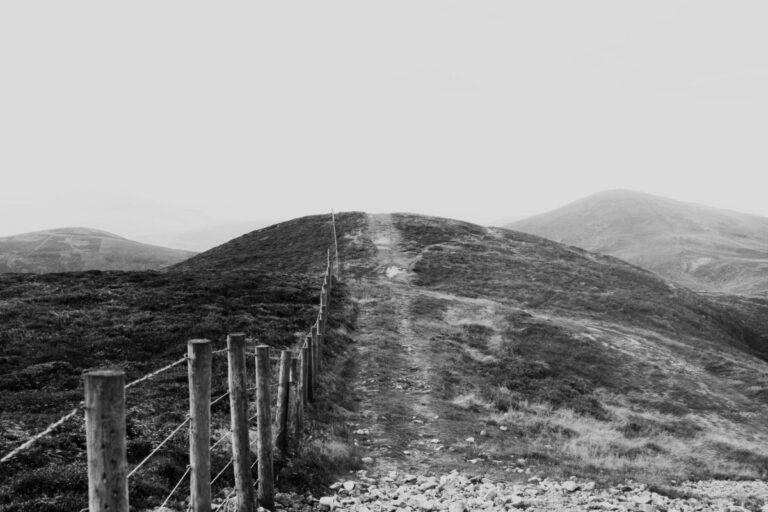
Tips to Help Cope with Loss and Bereavement
Remember that everyone has different needs, so what’s right for one person might not be right for another. Having said that, here are a few suggestions that might help you cope with difficult feelings around change, loss and bereavement.

NHS Self-Help Guide for Coping with Loss & Bereavement
This self-help guide prepared by NHS inform aims to help you understand the experience of grief, cope with the effects of grief, and decide if you need further help.

Grief-Related Apps
The app is aimed at young people aged 11 and above, who are coping with the loss of a parent or loved one to a terminal illness.
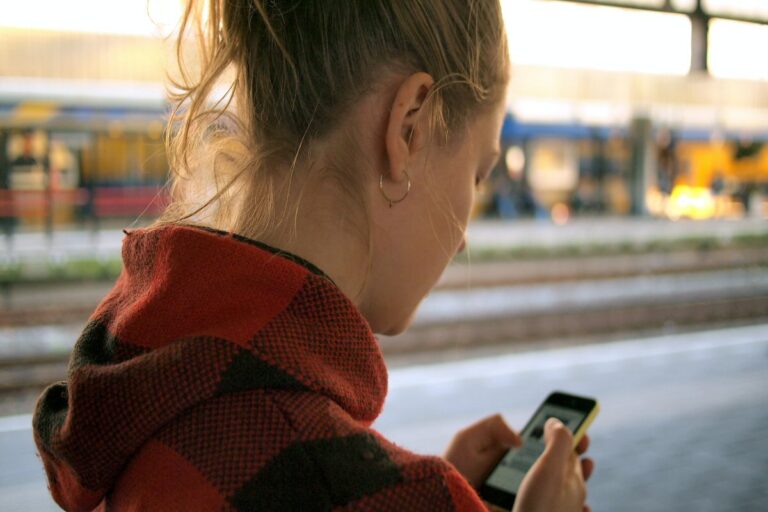
Grief-Related Podcasts
Listening to other people share their experiences can be a good way to make sense of your own grief.

Increase Your Positive Activities
An exercise in helping you find a balance in life and actively putting those positive activities back into your life.

Tips on Managing Change in Our Lives
We all have to cope and manage with change in our lives for lots of reasons. Here are some tips and thoughts on navigating through a period of change.

Activities You Can Try at Home
Increasing your activity levels can help improve your mood.

Relaxation
If you feel tense a lot of the time, you can try learning some relaxation skills, as these should be helpful.

Computerised Cognitive Behavioural Therapy
Cognitive Behavioural Therapy – CBT – is a psychological therapy based on the relationships between what we think, what we do and how we feel. CBT teaches you how to recognise and tackle problems in the here and now, rather than in the past.
Support
With support from the people in your life and maybe with a little help from other sources, such as the resources on this website, you’ll most likely find ways to cope with your loss and move forward.
However, grief takes time - usually much longer than you expect and certainly longer than many of the people around you expect. However, if you’re worried about the way that you’re coping, or if you have concerns about your mental health more generally and need further support, please get in touch with your GP in the first instance.
See the Lothian Health and Social Care partnership’s sites for locally available support:
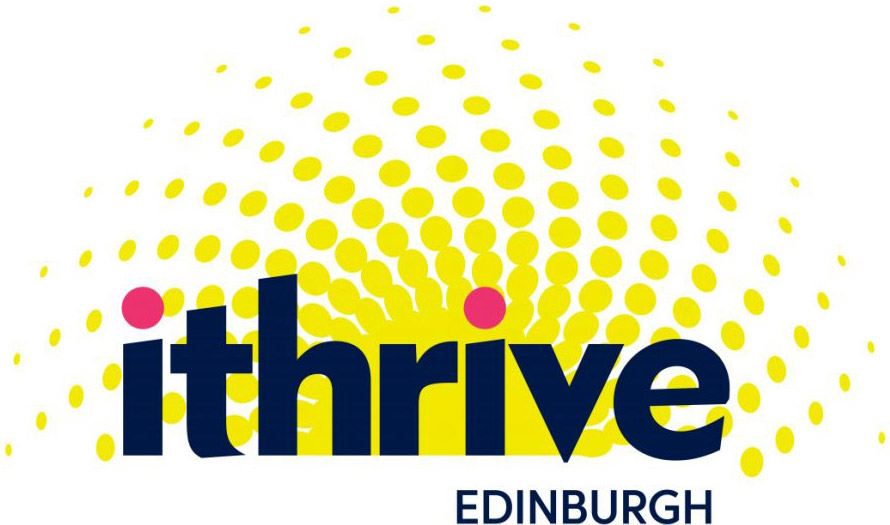
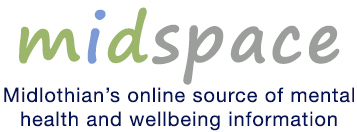
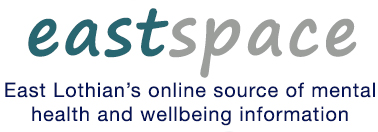
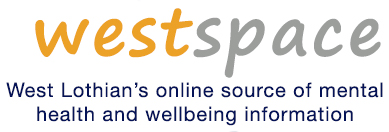
The following National organisations specifically focus on loss and bereavement and may also be helpful:
Most of the organisations below are able to provide support relating to loss during the Covid-19 pandemic. Contact them or look at their website to find out more.
- NHS Bereavement HelpLine
Free Helpline: 0800 2600 400
The helpline can offer guidance and advice on dealing with grief and loss and is staffed by trained nurses who are highly skilled and experienced in working with bereaved families. - Cruse bereavement care Scotland
Freephone Helpline: 0808 802 61 61
Weekdays – 9am-8pm, Weekends – 1pm-4pm - CHILD BEREAVEMENT UK
Freephone helpline: 0800 02 888 40
Provides helpful support and advice about supporting bereaved children. - WINSTON’S WISH
Freephone helpline: 08088 020 021
Offers advice on how to help bereaved children: how to tell them someone has died, how to talk to them about the pandemic and also a helpline if you need to ask for advice. - CALM
Freephone helpline: 0800 58 58 58 (5pm-midnight)
Website: https://www.thecalmzone.net/
Provides support to men living anywhere in the UK.
Webchat service also available. - Man2Man
A Man2Man telephone-based support service from a trained ‘StrongMen’ volunteer with first-hand experience of losing a loved one. - Survivors of Bereavement by Suicide (SOBS)
Phone: 0300 111 5065
Email: support@uksobs.org
Provides helpline and support for people affected by suicide.
- Facing the Future
Freephone helpline: 0208 939 9560
Email: info@facingthefuturegroups.org
The Facing the Future service has been developed by Samaritans and Cruse Bereavement Care to help support people who have been bereaved by suicide. Our support groups will give you the opportunity to meet others who have lost someone to suicide and share your experiences and feelings. You may attend our support groups even if you are already receiving other types of support. - Stillbirth and Neonatal Death Society
Freephone helpline: 0808 164 3332
Email: helpline@sands.org.uk
Supports anyone affected by the death of a baby and promotes research in reducing the loss of babies’ lives. - Held in Our Hearts (formerly SANDS Lothian) An Edinburgh based charity providing baby loss counselling and support to families, with over 40 years’ experience of offering compassionate bereavement care in the community.
- WAY Widowed and Young
A national charity in the UK for men and women aged 50 or under when their partner died. It’s a peer-to-peer support group run by a network of volunteers who have been bereaved at a young age themselves, so they understand exactly what other members are going through. - Samaritans helpline: Phone 116123. Available any time of the day or night. The Samaritans website also has advice and resources for looking after your mental health during the Coronavirus pandemic and other ways to get help.
- Childline on 0800 11 11 for 24-hour confidential support to children and young people up to their 19th birthday.
- OUR FRONTLINE for Key Workers, Emergency Services, Care workers, Health workers. Partnership between Shout, Mind, Hospice UK and The Royal Foundation to provide ‘Frontline’ which offers round-the-clock one-to-one support, by call or text, from trained volunteers, plus resources, tips and ideas to look after your mental health.
- Dying Matters have also launched the #BeforeTheirTime campaign, to enable people to share experiences, talk through concerns and share social media messages of solidarity at this difficult time.













